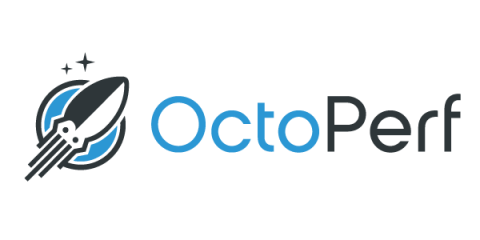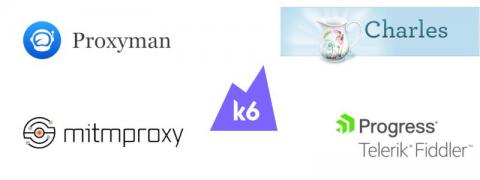What's New In Loadero (August 2021)
August was a month with multiple vacations in our team, but it didn’t make our work lag. Some important changes were made last month and we are glad to announce how we improved our tool recently and what you can do to make your Loadeo tests even better, more relevant and insightful.














